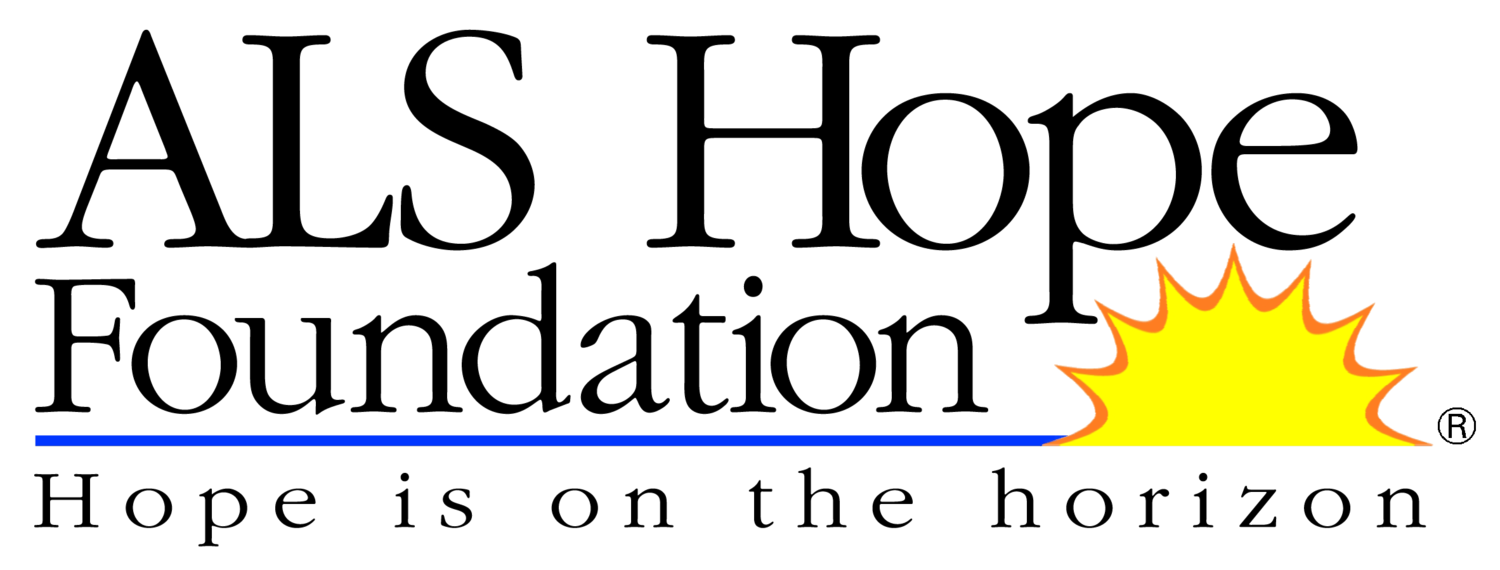Research Lab of Hope Tissue Bank Collection
/A tissue repository is a collection of blood, urine, and cerebral spinal fluid (called tissue samples) stored for future research in our Center of Hope Research Lab. The goal is to collect tissue samples from 500 participants over the next five years. This biorepository will provide samples to be used to study the biochemical and genetic differences of PALS compared to other neurological disease controls and healthy controls. These samples will be used to expedite future studies of genetic markers, possible disease mechanisms, and pathological changes in the PALS and control tissues. Once the biorepository is established, it will provide a resource with a large number of samples readily available to study; this will expedite research without having to collect the specimens prospectively.
PALS, individuals with other neurological diseases, and healthy volunteers are eligible to participate. Participation is voluntary and requires the participant to sign an informed consent clearly stating the allowed use of the sample. After obtaining informed consent, we collect general medical, family, and demographic information. The collection consists of urine and a blood sample (5 tubes). All samples get coded with a unique GUID number that de-identifies the participant to maintain confidentiality. There are optional choices (which are voluntary) to participate in the following procedures: Permission to use the blood sample to create cell lines, which are cells that are grown in a special lab and stored as an inexhaustible source of DNA. Permission to keep the cell line/DNA for future research use. Permission to collect an additional half of a teaspoon cerebral spinal fluid during an already scheduled lumbar puncture.
During consent, participants are asked if they are willing to provide samples at future routine scheduled clinic visits (4-8 month intervals) to create a longitudinal collection of samples to identify any changes in the same person over time. In the case of PALS, the longitudinal collection will study the progression of their disease. The longitudinal study requires another collection of blood (2 tubes) and urine if the participant consents. Providing future samples is voluntary and not necessary for study participation. Participants have the option to decline to give a sample at any time while participating in the study.
Current participants are informed that we are extending the participation to healthy controls, such as family members or friends. Family members and friends interested in participating in the collection can consent during a clinic visit with their PALS or contact us to schedule a convenient time to join.
The MDA/ALS Center of Hope Team at Lewis Katz School of Medicine at Temple University is passionate about and devoted to finding a cure for ALS through clinical research. Participants consenting to the use of their tissue in research are aiding greatly in furthering the knowledge of ALS and providing researchers with an invaluable resource to expand the study of the disease. If you have not already consented and donated tissue to the biorepository, please ask at your next clinic visit or have your family inquire.









